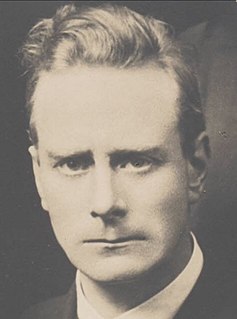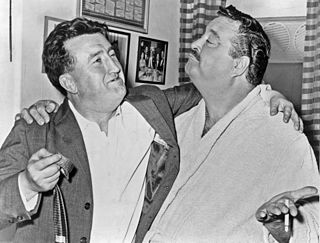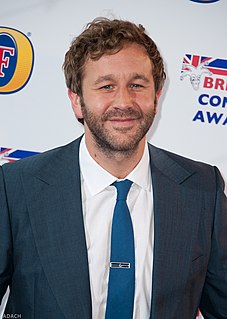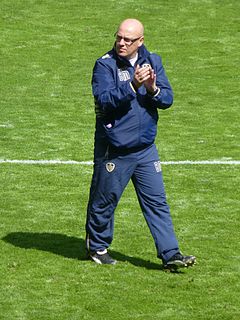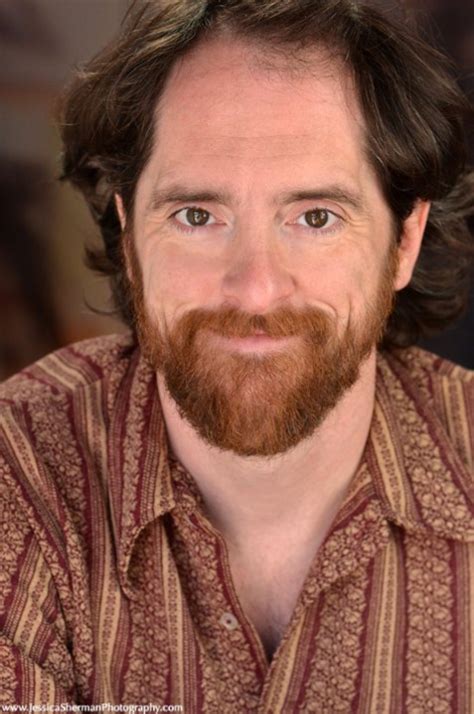A Quote by Linda Colley
The so-called Boer War advertised British vulnerabilities, and these were confirmed by the Irish rising of 1916 and the subsequent creation of the Irish Free State, blows that attracted the notice and attention of colonial dissidents in Asia and Africa.
Related Quotes
British rule depends upon repression and collaboration and the Irish people should recognise that those who collaborate with Britain in exchange for a slice of the cake will implement British policy and remain silent when Irish people are murdered and oppressed. It is they who are responsible for prolonging the war in Ireland. Without the quislings, without the collaborators, we would already have reached freedom.
All my family look Irish. They act Irish. My sister even has red hair... it's crazy. I'm the one that doesn't seem Irish. None of the kids in my family, my siblings, speak with an Irish accent... we've never lived there full-time; we weren't born there. We just go there once or twice a year. It's weird. Our parents sound Irish, but we don't.
No Irish nationalist could support any treaty which institutionalizes British government claims to a part of Irish national territory. Indeed, the term - 'constitutional nationalism'- used by Mr.Mallon (SDLP) and his colleagues to describe their political philosophy is a contradiction in terms. The only constitutional nationalist in Ireland today is Sean McBride. He puts his nationalism within a framework of Irish constitutionality. Mr. Mallon, however, puts his within the framework of British constitutionality. Irish nationalism within British constitutionality is a contradiction in terms.
'A Naval History of Britain' which begins in the 7th century has to explain what it means by Britain. My meaning is simply the British Isles as a whole, but not any particular nation or state or our own day... 'Britain' is not a perfect word for this purpose, but 'Britain and Ireland' would be both cumbersome and misleading, implying an equality of treatment which is not possible. Ireland and the Irish figure often in this book, but Irish naval history, in the sense of the history of Irish fleets, is largely a history of what might have been rather than what actually happened.

